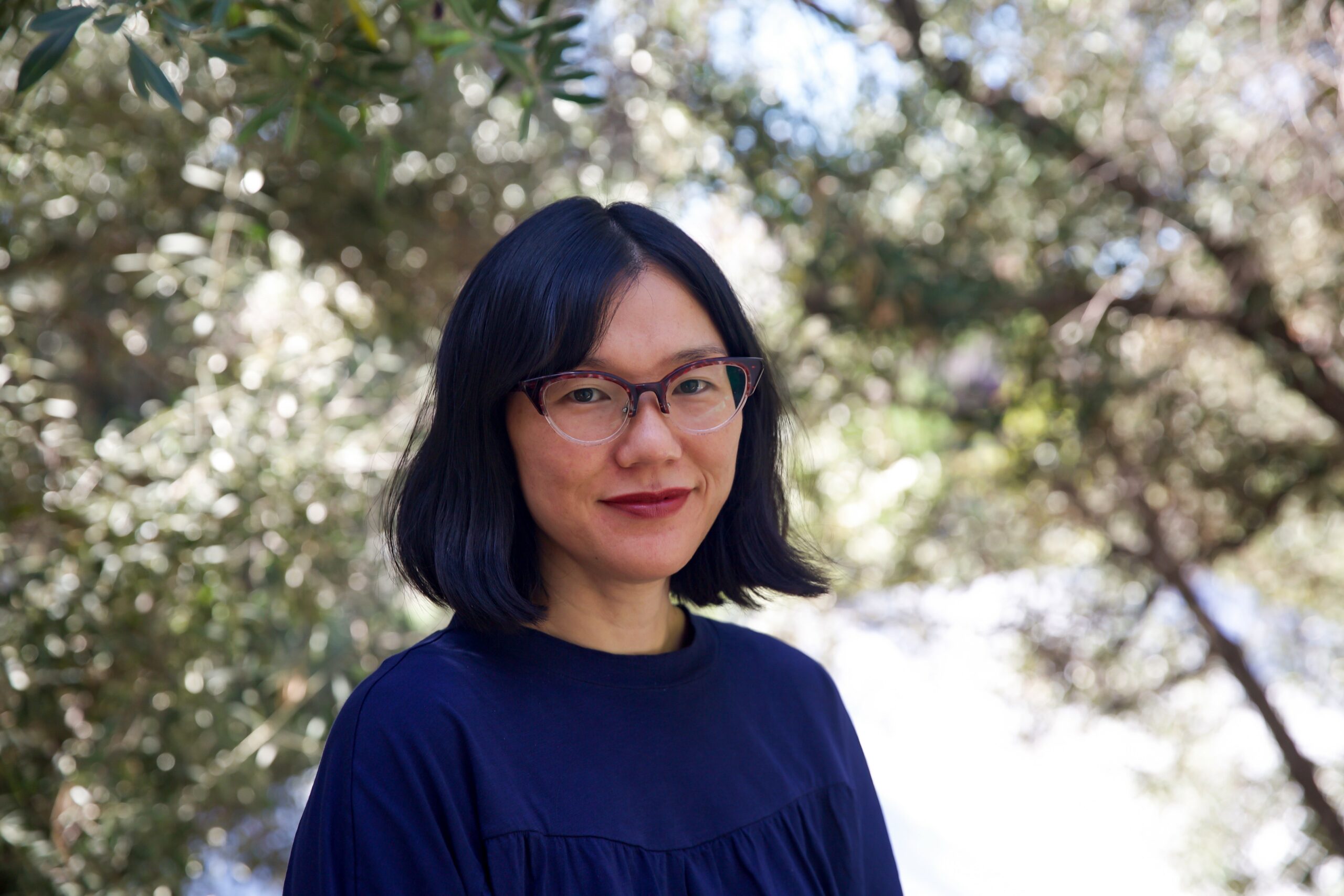
Wendy Cheng
Professor, Scripps College
In the early 1970s, University of Wisconsin—Madison was infamous to Kuomintang (KMT) officials as the “headquarters of the Communists and Taiwanese independence people” – referring to student migrants from Taiwan and Hong Kong who had gone to the U.S. for graduate study and become politicized. This talk discusses how Madison and the Midwest more broadly became key nodes in networks of activism and consciousness-formation for Taiwanese who migrated to the US as graduate students from the 1960s to 1980s. Conditioned by both Cold War routes of selective immigration preferences and authoritarian surveillance enabled by U.S. support of the KMT, a generation of activists developed their politics and activist praxis under deeply contradictory circumstances that continue to shape both the possibilities and limitations of Taiwanese/American politics today.